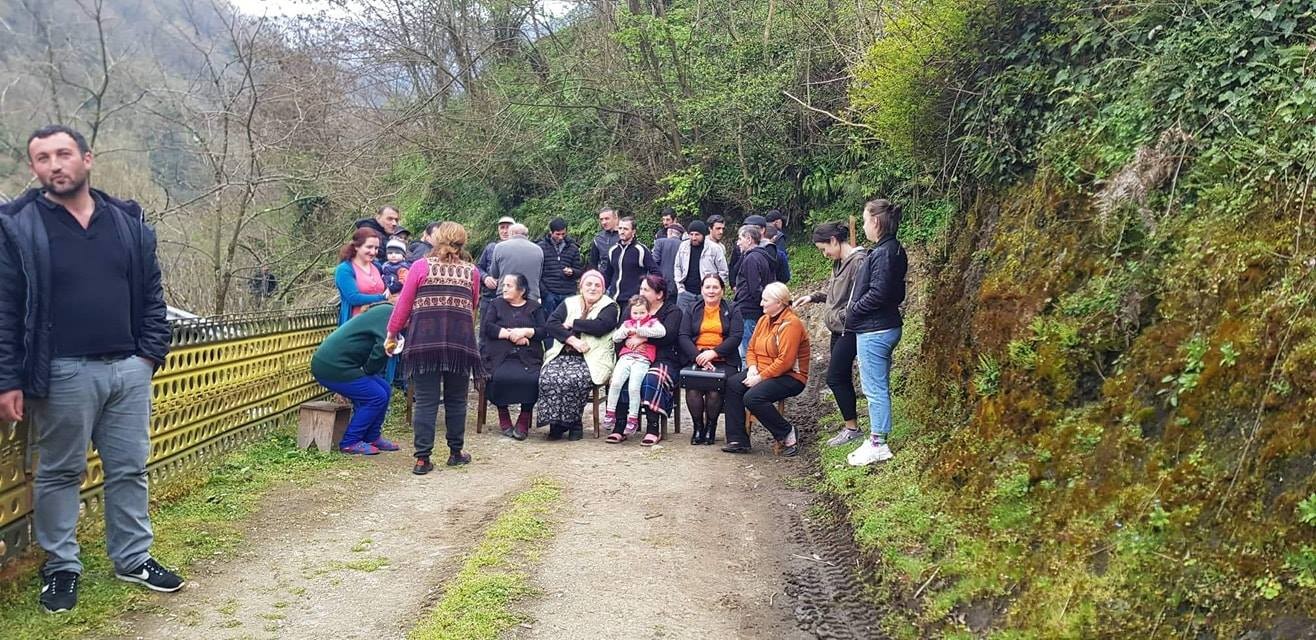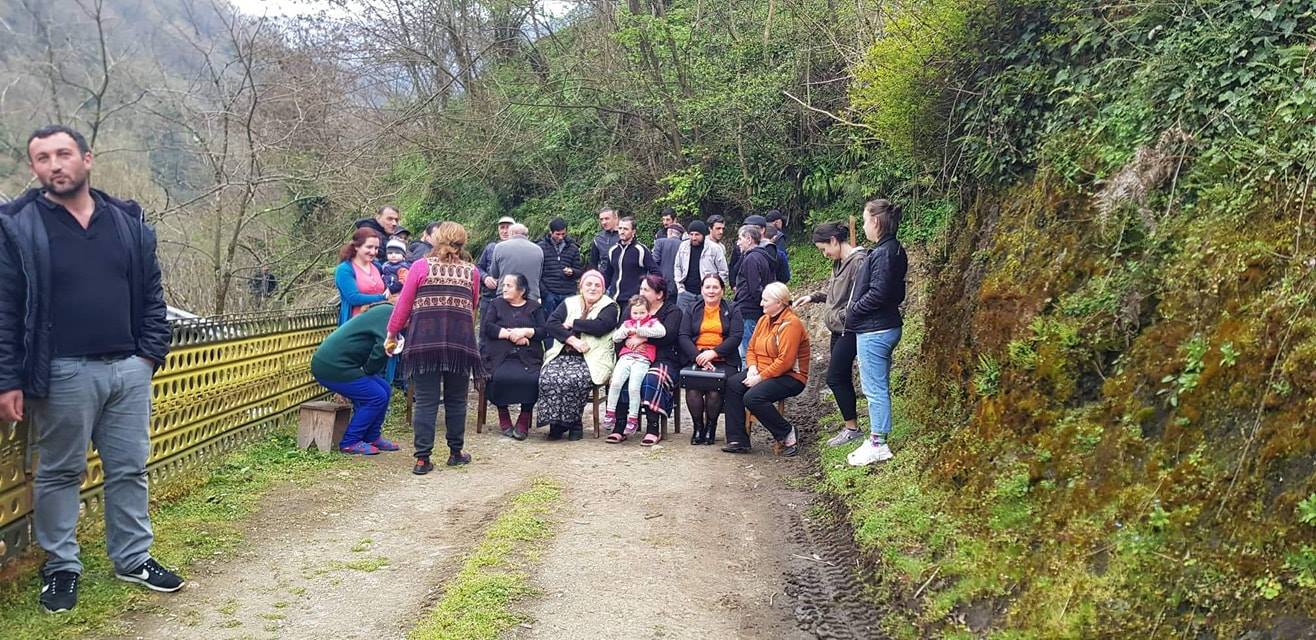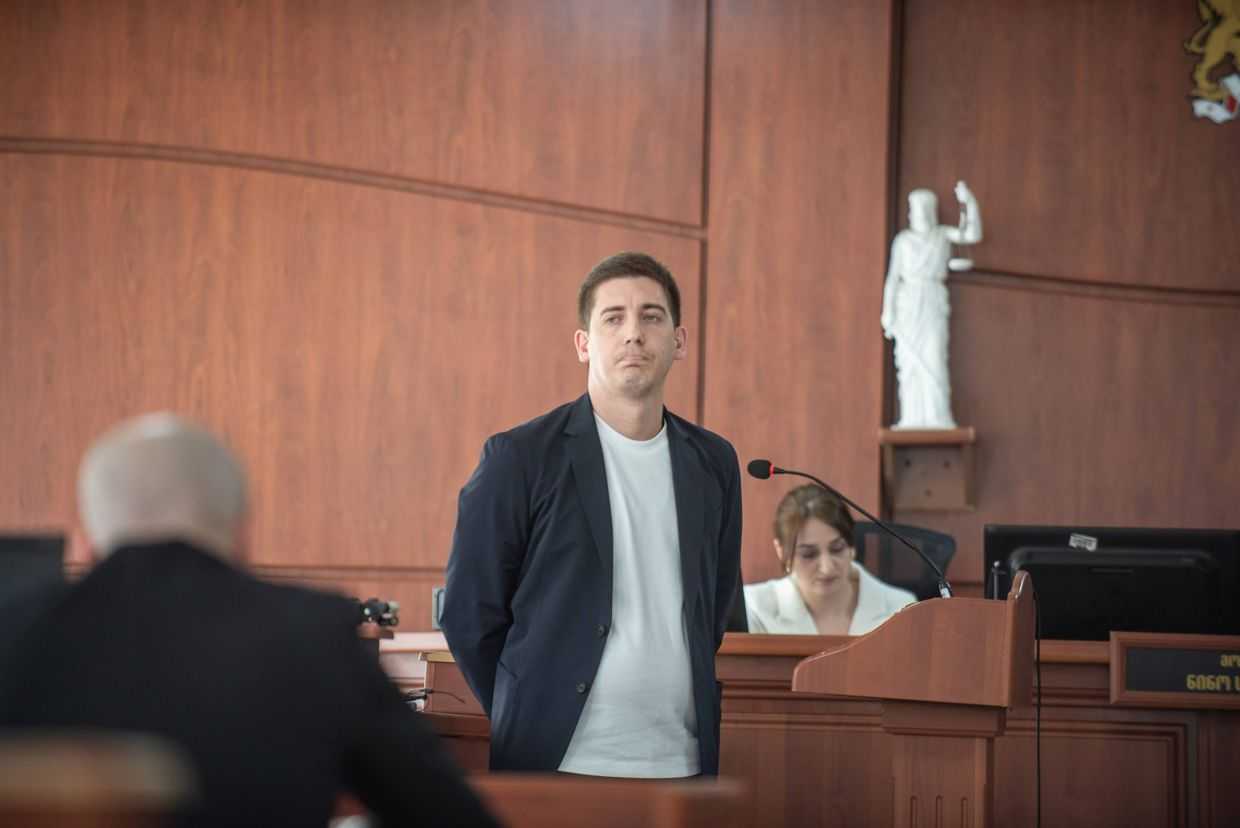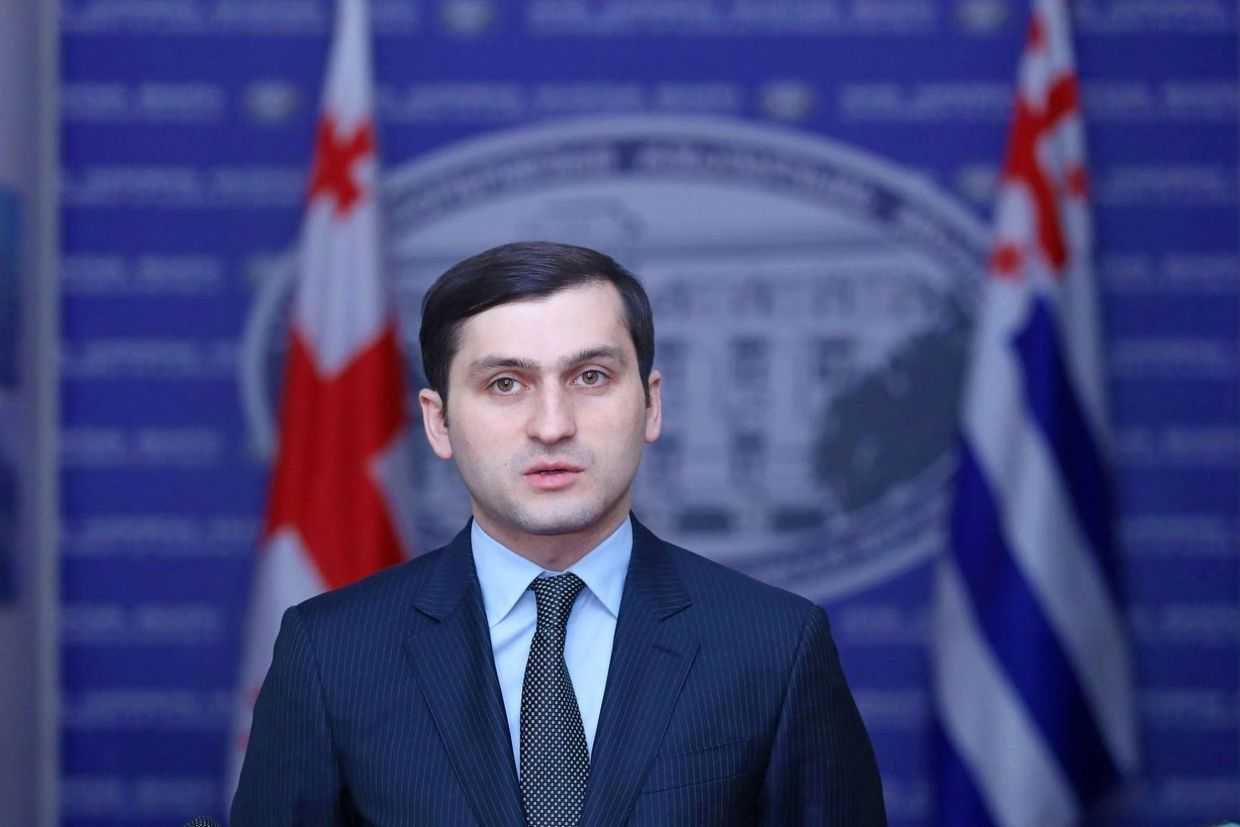

The authorities of the Autonomous Republic of Adjara, on Georgia’s Black Sea coast, have said they may abandon plans to construct a hydropower plant in Machakhela.
Tornike Rizhvadze, the chair of the Adjaran government announced the news while meeting with students in the regional capital Batumi on 8 April.
‘We are closely studying the causes of people’s protest and at the same time, working with an investor. We will very soon decide on an alternative solution which might mean not going forward with realising the project […] The interests of the people will be considered’, Rizhvadze said.
Machakhela Valley is located in Khelvachauri Municipality, 40 kilometres from Batumi.
Residents of the valley have held several protests since late January against the planned Machakhela hydropower plant project (HPP), which they claimed was to be constructed on protected areas. Part of the valley is included in the Machakhela National Park, which is a protected zone.
Machakhela HPP LTD, a company owned by Silk Road Energy, claimed the plant would be an ‘eco-friendly’ project that would generate 30 megawatts of electricity without building a dam, and ‘would not touch’ any protected areas.
The agreement between the Georgian government and Silk Road Energy to develop hydroelectric projects in mountainous Adjara was signed in 2012.
Local residents claimed they were against building a 7-kilometre water tunnel on the Machakhlistskali River and its tributaries, which according to them would jeopardise ‘sustainable development and the safe living and work environment’ of residents.
Roin Malakmadze, one of the leaders of the protest movement, told OC Media that they were ‘confident’ the central government would cancel plans for the hydropower plants in Khelvachauri District, considering both the resistance from locals as well as the ‘potential of the valley’.
‘We will show the central government that they are wrong. Machakhela Valley has other ambitious projects’, Malakmadze said.
According to him, initially, there were differences of opinions in the valley but his group of grassroots activists, People of their Word, successfully mobilised public opinion against the project.
Local resistance
Rizhvadze’s announcement came three days after the latest demonstration against the project in central Batumi.
People of their Word, who organised the gathering, tried to attract supporters with folk songs and a photo exhibition reflecting cultural life in the valley.
Activists claimed to have collected 8,500 signatures since January against the project, and said they were attaching them to an appeal to the Georgian Prime Minister Mamuka Bakhtadze to cancel the project.
People of their Word was formed in February claiming to represent several villages of the Machakhela Valley.
According to Malakmadze, they wanted the authorities to expand protected areas and develop projects eco-tourism projects rather than building dams.
Speaking to local channel TV 25 on 5 April, Malakmadze argued that the drilling and explosive works during construction would damage residents’ buildings and that the tunnel would ‘further diminish the river’s flow’.
On 6 April, residents blocked the road to the village of Kedkedi, obstructing experts who were there to carry out a preliminary topographical study for another, smaller proposed hydropower project.
‘Non-inclusive’ and ‘non-transparent’ energy policy
At a press conference on 8 March, Bakhtadze refused to comment on any specific hydropower plant project but told Adjara TV that ‘Georgia should focus on [developing] renewable energy and its hydro-resources’.
He also added that these projects’ impact on the environment was a ‘sensitive issue’ and that the government should consider the views of local residents who were directly affected.
Several weeks later, environmental group the Green Alternative and various rights groups, including the Georgian Young Lawyers Association and the Human Rights Education and Monitoring Centre, joined the Georgian Ecotourism Association in calling on the government to ‘fully commit’ to protecting human rights in their energy policy.
The groups lambasted the authorities for ‘lacking’ transparency and strategy, for not including independent experts in developing renewable energy projects, and for ‘attempts to quash peaceful protests […] in almost every region’ using ‘repressive instruments’.
[Read about resistance to new HPPs in Pankisi valley on OC Media: Residents complain of police pressure to stop protests]
They demanded that the government cease initiating any further projects until the country developed an energy strategy ‘with the involvement of the wider public’ and until the impact of already planned projects was fully studied.
Soon after the start of the protests in Adjara, Bayar Şahin, a popular Turkish folk singer with a Georgian background, expressed his support for the movement, publishing a special video address on his Facebook page on 8 February.
‘Building or not [building] the plant is foremost your decision. You, living there, should be the first to be asked about it’, Şahin said, adding that those in ‘Turkish Machakhela’, a community of ethnic Georgians on the Turkish side of the valley, supported their protest.








